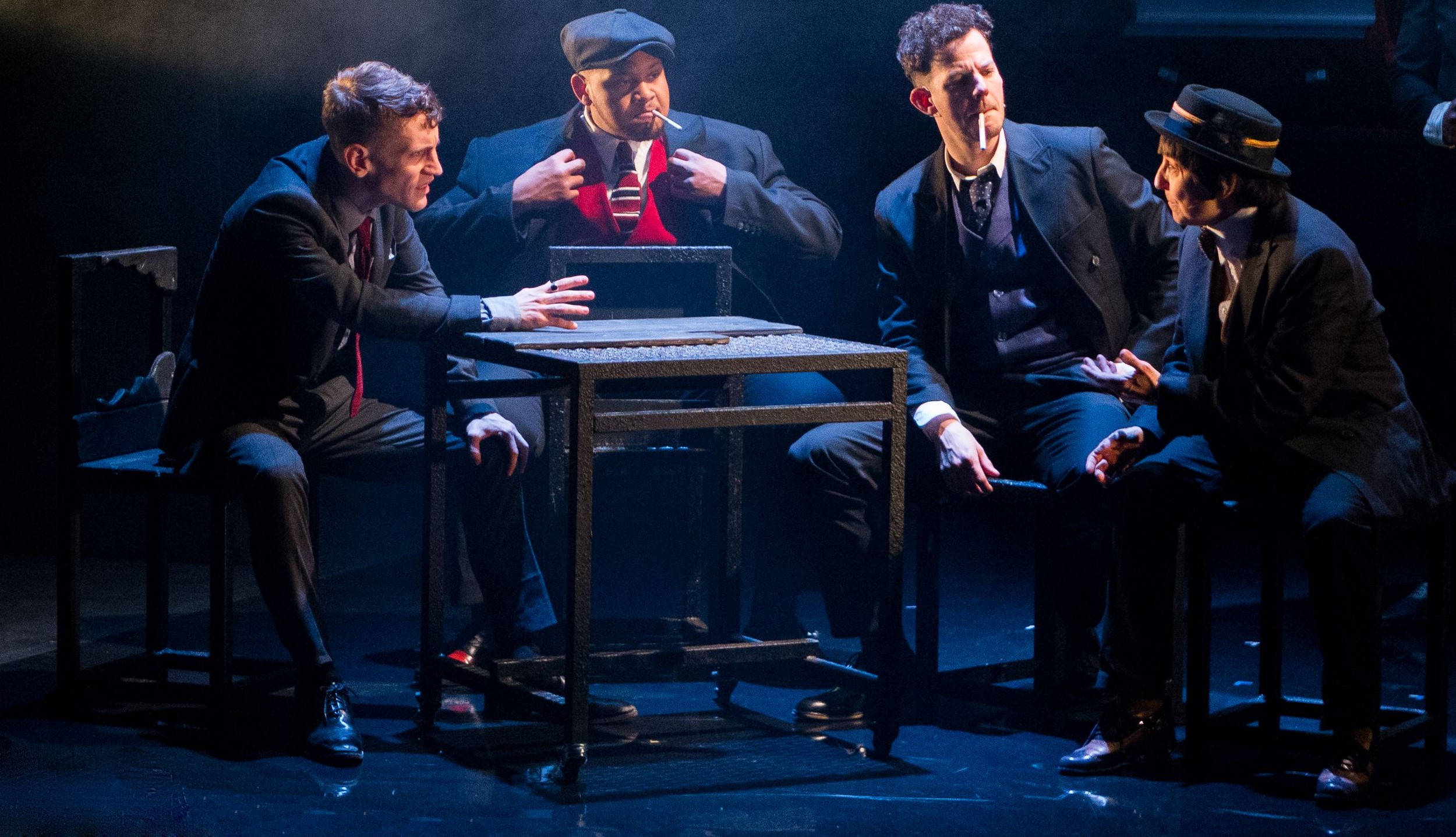Brighton Rock review: “The intrinsic appeal of ambiguity”
Graham Greene was a Catholic and a traveller. He suggested that the epigraph to all of his novels should be a beautiful and eloquent piece of poetry by Robert Browning: Our interest’s on the dangerous edge of things / the honest thief, the tender murderer / the superstitious atheist. The intrinsic appeal of ambiguity, that curiosity for the contradictory and the uncanny that we all have experienced, lies at the bottom of Brighton Rock.
Set in sunny Brighton in the 1930s, Greene’s novel Brighton Rock tells the adventures of the teenager gang boss Pinkie Brown, who lives on the ‘dangerous edge of things’. After murdering Fred Hale, a journalist who discovered the gang’s slot machine racket and wrote an article about it, Pinkie needs to hide every trace of the murder; so, he marries Rose, a sixteen-year-old waitress who has the power to destroy his alibi. Brighton Rock is a story about youth, love and death, mixed together in a kaleidoscopic and sometimes staggering fusion, that is very likely to you speechless.
This year, Greene’s successful thriller has been adapted for the stage by Bryony Lavery and directed by Esther Richardson for the Pilot Theatre Company. I had the pleasure of watching this wonderful adaptation of one of Greene’s classics at the Birmingham Repertory Theatre.
The intrinsic appeal of ambiguity, that curiosity for the contradictory and the uncanny, lies at the bottom of Brighton Rock
The setting on stage was minimal and neat. A two-leveled steel structure dominated the space, changing from scene to scene, becoming the Brighton Pier, a bar, a pub, Pinkie’s house. The changes of setting, which happened with open curtains, were quick and smooth. Live music was played on stage by musicians Hannah Peel, James Field and Laura Groves. Every act of violence and crime was accompanied by powerful and thrilling drums. The same musical instrument, a gramophone, was the first thing we see at the start of the play, and the last at the end of the performance, providing a wonderful wrap-up.
Before seeing the adaptation, I was concerned about how Lavery and Richardson would choose to represent Pinkie. He’s always been a favourite character of mine, and I feared I would be disappointed. However, I was delighted and moved by Jacob James Beswick’s interpretation of Pinkie, since he managed to convey all of Pinkie’s particular traits. From the way he walked, hands stuffed in his pockets and a rhythmic movement of his shoulders, to the way he talked, sharp, concise but never exaggerated, Beswick portrayed Pinkie exactly how I imagined him: mean, selfish and horrendously charming.
Beswick portrayed Pinkie exactly how I imagined him: mean, selfish and horrendously charming
Rose, played by Sarah Middleton, irremediably falls in love with that horrendous charm, from the first time they meet at the restaurant where she works. She is mesmerized by him, and even though at times she can seem naïve, she is intensely clever and sweet. Their relationship, despite being one-sided and toxic, is intense and heartbreaking, and finds a perfect representation in this stage adaptation. About them, Lavery says that: “Pinkie’s increasingly desperate strategies for keeping her quiet are magnificently and youthfully extreme… threatening to ruin her face with vitriol, marry her, get her to commit suicide”. What I find surprising and moving is that Rose knows Pinkie’s recklessness better than anyone else, and loves him regardless. This is clear from the first time he violently squeezes her hand and she doesn’t stop him. “I like it,” she says, even though he’s hurting her. She hopes he will change, and despite being told that people are “like those sticks of rock: bite it all the way down, you’ll still read Brighton, that’s human nature”, she never gives up.
Whether you are a fan of Greene’s classic or you are yet to discover it, I strongly recommend this production for its loyalty to the book and its amazing cast: goose bumps are guaranteed.

Comments